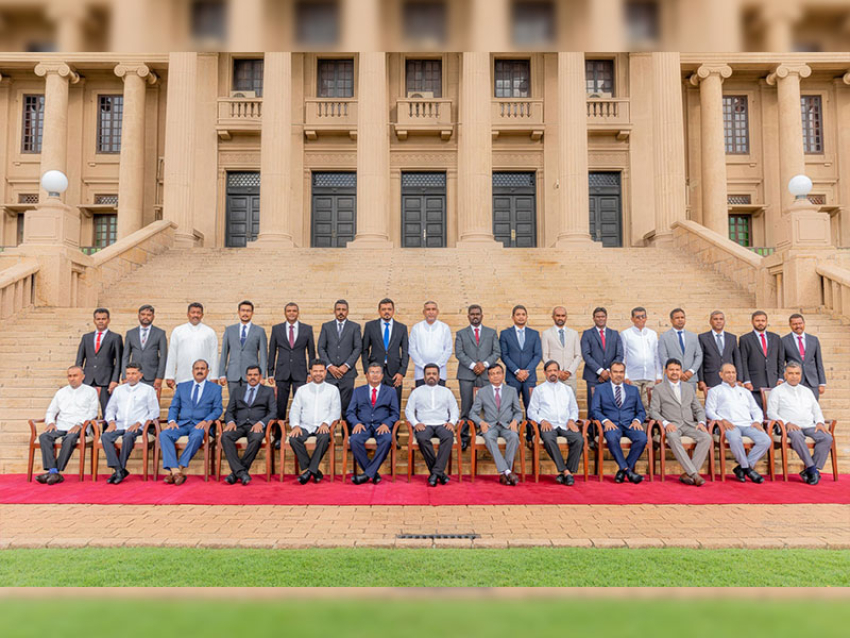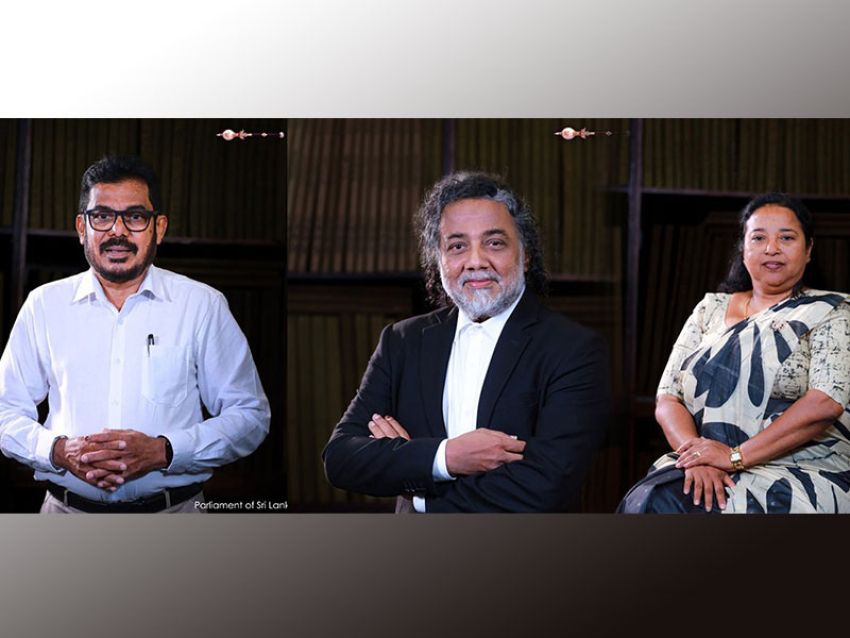Prime Minister Ranil Wickremesinghe, Finance Minister Mangala Samaraweera and NEC Secretary-General and Chief Economist Prof. Lalith Samarakoono were present at the meeting. Among the ministers in attendance were Nimal Siripala de Silva, Dr. Sarath Amunugama, Rauff Hakeem, John Seneviratne, Sajith Premadasa, Duminda Dissanayake, Faiszer Musthapha, Mahinda Amaraweera, Malik Samarawickrama and Patali Champika Ranawaka.
NEC sources said the focus was on economic issues and the problems faced by people. All members recognized the urgent need for addressing the problems faced by ordinary citizens.
In terms of the rising cost of living, concerns were raised particularly about higher prices of food items leading to food inflation. Food price affects the cost of living – recently the inflation was high due to increase in food prices, including the prices of rice and coconut.
It was agreed that the NEC would meet with the Consumer Affairs Authority, Central Bank and other relevant authorities to discover ways to reduce the cost of living.
The NEC also discussed the fertilizer shortage and subsidies. President Sirisena and Minister Duminda Dissanayake emphasized that the current system of a fertilizer subsidy needed to be reviewed. The issue of fertilizer shortages also was discussed to set up a fool-proof mechanism by keeping a fertilizer buffer stock to face any shortages. Ministers Sajith Premadasa and Duminda Dissanayake were of the view of going back to the old method of providing fertilizer at a subsidized rate directly to the farmers, where necessary. The need to protect the provide for and safeguard the interests of organic farmers were also highlighted.
It was agreed that NEC will work with the Ministry of Agriculture to formulate a policy on fertilizer subsidy – fertilizer purchase and distribution system.
Minister Patali Champika Ranawaka emphasized the need for addressing critical infrastructure needs, including water, sewerage, power, and transport. Without improving critical infrastructure and reviewing bottlenecks, it will be difficult to attract FDI to Sri Lanka, the Minister said. These bottle necks will create sever problems to people in their day-to-day living, therefore, the minister emphasized the need for improving critical infrastructure as an urgent priority. Development of IT sector should be given priority, he added.
Minister De Silva talked about the capacity constraints and congestion at the Bandaranaike International Airport. He stated that although the Japan International Cooperation Agency (JICA)was supporting the proposal to build a second terminal, the cost was very high. Therefore, a temporary terminal was is to be built to alleviate congestion at the airport.
Minister Premadasa stressed the importance of having a national policy and methodology for paying contractors in order to avoid problems and delays associated with making payments to these contractors.
Minister Sarath Amunugama spoke about the major sectors generating foreign exchange such as garments, foreign employment, tourism and tea, and called for policy changes to encourage development within these sectors.
Minister Seneviratne underscored the need for commencing the Ratnapura highway as soon as possible, saying there have not been major development projects undertaken within the Ratnapura District.
The NEC was tasked with accelerating the national economic plan and presenting it in the next few weeks.




















